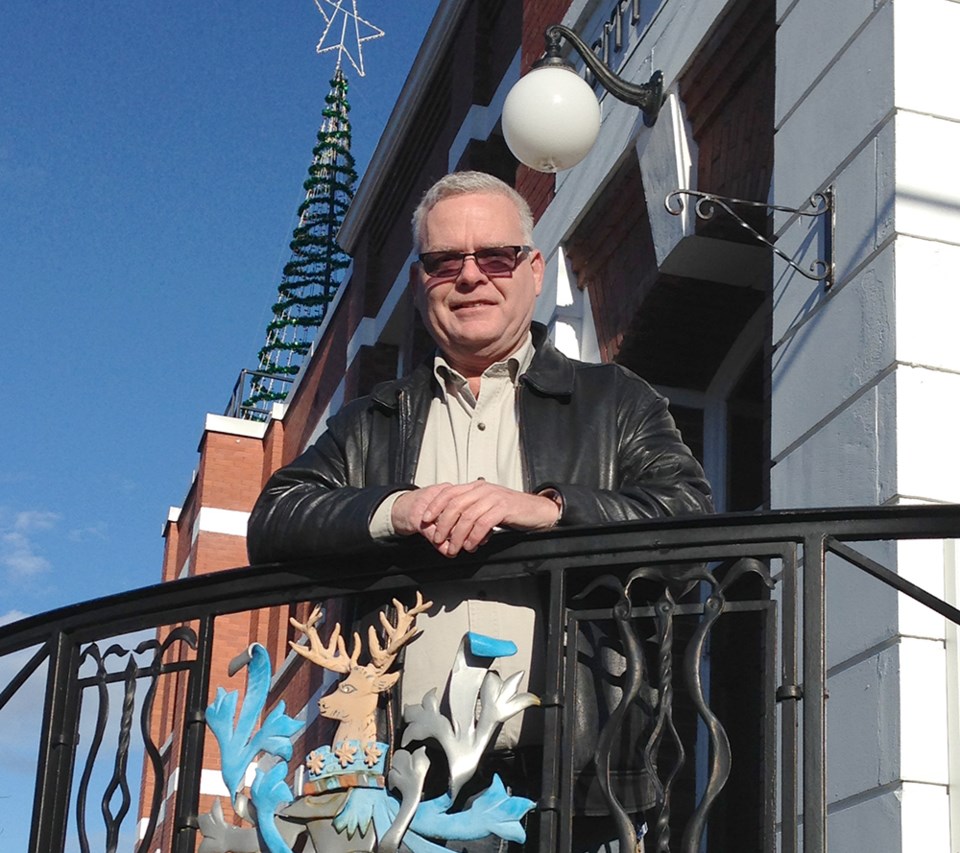A delegation from the city of Duncan is coming to Squamish Thursday to meet with local leaders and share their experience developing a local carbon emissions trading system. Duncan Mayor Phil Kent talks about the program, its gains and pitfalls in this abridged and edited version of that conversation.
Q: How does your carbon energy market work?
A: It is kind of a little stock exchange for carbon credits.
What happens is the Cowichan Energy Alternative Society, through their carbon market process, goes around the community and areas in the region and solicits from businesses ways that they could reduce their carbon footprint, and works with them to both access where their carbon output is and consider ways they could reduce it. They found a whole number of businesses and organizations that could do that. Then the credits go onto a market. Then those credits – if they couldn’t be used by an existing company or by others – there would be an excess of them, and then others could purchase those credits on the market.
Q: How did Duncan develop this?
A: Back in the mid 2000s, when many of the municipalities across the province signed the Climate Action Charter, which the city of Duncan did [and Squamish signed as well], we took that very seriously and aimed to become carbon neutral in 2012. But one of the major questions was if we couldn’t reach it… we would probably need to buy carbon credits, and we weren’t really keen on paying for carbon credits that wouldn’t have an impact on our community. So local governments were looking at reducing our carbon footprint by investing in projects locally.
That was the impetus to it and we starting talking with the local Cowichan Energy Alternatives Society about ways it could be done and they were already thinking about it, so they came up with the concept of creating this community carbon market.
Q: Did Duncan become carbon neutral in 2012?
A: We did. We are one of only 28 communities to date that has actually been able to reach that commitment. It is a challenge – it is not easy to get there. There were a number of initiatives that brought our carbon footprint in the corporate side of the city down, things like organic collection and they had a big impact, but we still had that remaining amount that we couldn’t quite get to in 2012… so that is why we were looking at this community carbon market.
Q: What have some of the other challenges been?
A: It takes time to do the credits properly so they are recognized nationally and internationally. It’s a fairly thorough audit process. So that was a large challenge. The audits have to be done in a certain way to make sure they are verifiable. Another is the time and resources it takes to go out and do that in the community with business. It takes a fair bit of education and a fair bit of convincing that this is a reliable marketplace for carbon credits.
Q: What has the community response been like so far?
A: A lot of people really like the idea that if we are going to have to purchase credits to be carbon neutral, that we would be doing that and encouraging local companies and local industry to try to reduce their carbon footprint by doing so. They get of course the marketing cache that they are able to make their operations carbon neutral in some way or reduce their carbon and they also get the benefit of the dollars that come back from the credit.
It certainly doesn’t necessarily pay for the kind of infrastructure that they were putting in to become better on their carbon output, but they were at least seeing some return for what they were reducing.
Q: What advice would you give to Squamish just starting on this road towards a possible community carbon market, based on what you have learned?
A: To have an open mind about it, and to understand the possibilities in how this could grow over time and to see the advantage of being able to develop carbon credits in your own community, which means that your own community, both from a business perspective and personal perspective, is investing the local dollars in local projects.



